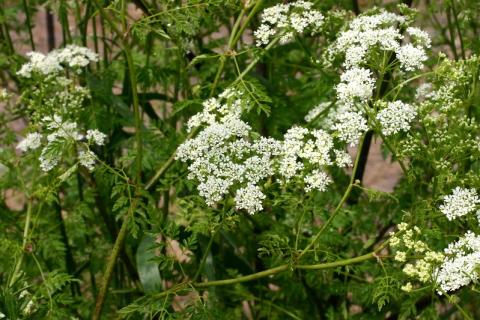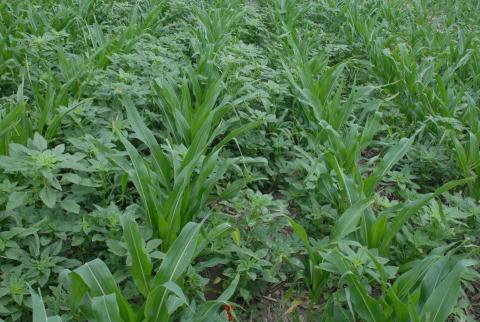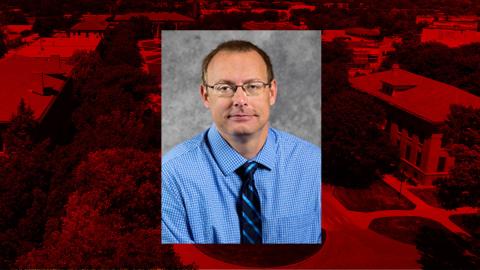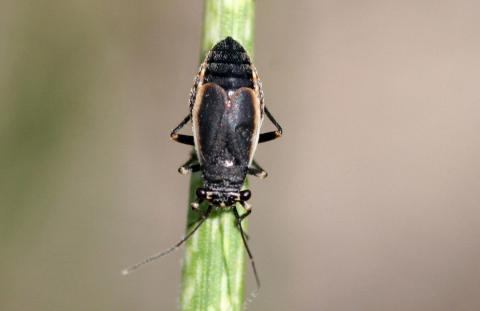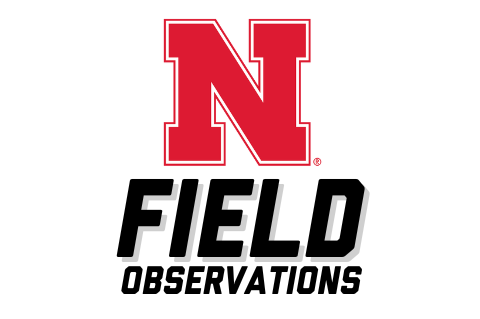Pasture and Forage Minute: Low Hay Stocks, Grazing Shifts, Toxic Pasture Plants
June 13, 2023
With the lowest level of hay stocks since 1974, extension educators stress the importance of taking inventory of feed and hay resources, and to begin planning for next year's needs right now.
Effect of Drought on Weeds: Results of Global Meta-analysis
June 13, 2023
Researchers examined more than 1,000 studies to compile a comprehensive report on weed germination, growth and seed production during periods of water stress.
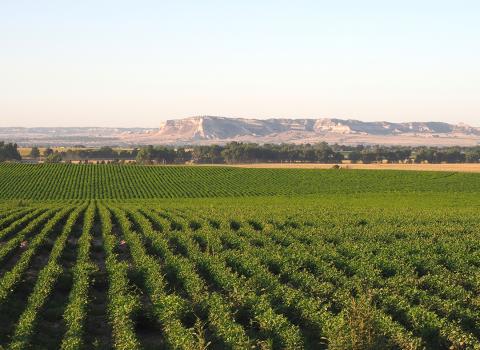
Crop Progress: Sorghum, Dry Bean Planting Back on Track
June 13, 2023
Sorghum and dry edible beans have returned to near-average planting pace thanks to a surge in fieldwork last week, and more than 90% of planted corn and soybeans have emerged in Nebraska.
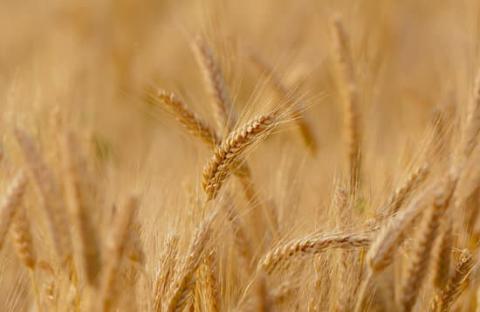
Nebraska’s Wheat Crop Production Report for June 2023
June 12, 2023
Nebraska's 2023 winter wheat crop is currently forecast at 33.0 million bushels, up 26% from last year's crop.
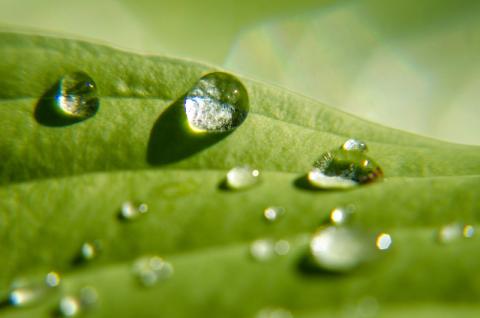
The crop water use report is updated weekly. Visit PHREC AgLab for more information.
Estimated Crop Water Use for June 12-18, 2023
June 12, 2023
Nebraska Extension Educator Gary Stone shares an update on crop growth and potential water needs in the Nebraska Panhandle for mid-June.
Climatologist Behnke is New Manager of Nebraska Mesonet Weather Data Network
June 9, 2023
Behnke, who worked more than five years with the South Dakota Mesonet, began his duties as Nebraska Mesonet manager earlier this spring.
Pasture and Forage Minute: Irrigating First Cutting Alfalfa, Black Grass Bugs and Short Pastures
June 9, 2023
This week — irrigation strategies for moisture-stressed alfalfa prior to first cutting, controlling black grass bugs in wheatgrass, and techniques for stretching pasture.
This Week on N Field: Residual Herbicides in Corn
June 8, 2023
Nebraska Extension Weed Management Specialist Amit Jhala discusses the effect of dry soil conditions on activation of residual herbicides in corn and what can be done to control weeds.


